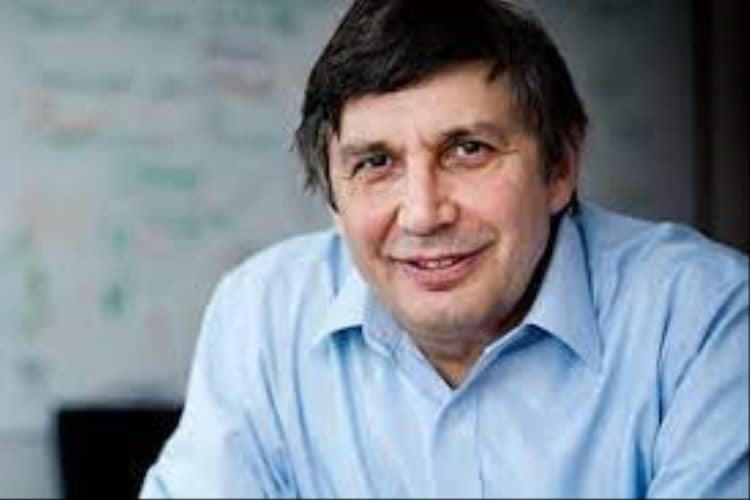Beyond the Nobel: The Life and Work of Andre Geim

Andre Geim is a Russian-born Dutch–British physicist working in England in the School of Physics and Astronomy at the University of Manchester.
Life and Career
Andre Geim was born on 21 October 1958 (age 64 years), in Sochi, Russia. He earned his undergraduate degree in physics from the Moscow Institute of Physics and Technology and later completed his Ph.D. at the Institute of Solid-State Physics in Russia.
Geim’s life took a significant turn when he moved to the Netherlands to work at Radboud University, and it was there, in 2004, that he made the groundbreaking discovery of isolating and studying single-layer graphene, a material with remarkable properties. This achievement earned him the Nobel Prize in Physics in 2010, alongside Konstantin Novoselov.
Throughout his career, Geim has continued to make significant contributions to the field of condensed matter physics and materials science, exploring a wide range of topics, from the development of gecko-inspired adhesives to studies on superconductivity and magnetism. He held positions at prestigious institutions, including the University of Manchester, where he became a professor and established the National Graphene Institute. His work has had a profound impact on both fundamental science and practical applications.
Award and Legacy
Andre Geim was awarded the Nobel Prize in Physics, which he received in 2010, along with Konstantin Novoselov, for their pioneering work on isolating and studying single-layer graphene. This groundbreaking discovery opened up new possibilities in materials science and electronics, making it a transformative advancement in the field.
His innovative and diverse research has left a lasting legacy in multiple areas, from materials science to fundamental physics. Geim’s work with graphene has paved the way for new applications in electronics, sensors, and other industries, while his exploration of unusual phenomena in physics has expanded our understanding of the natural world. His legacy is marked by a commitment to scientific curiosity and a willingness to explore the unknown, which has had a profound and enduring impact on the scientific community.
Observer Voice is the one stop site for National, International news, Sports, Editor’s Choice, Art/culture contents, Quotes and much more. We also cover historical contents. Historical contents includes World History, Indian History, and what happened today. The website also covers Entertainment across the India and World.

